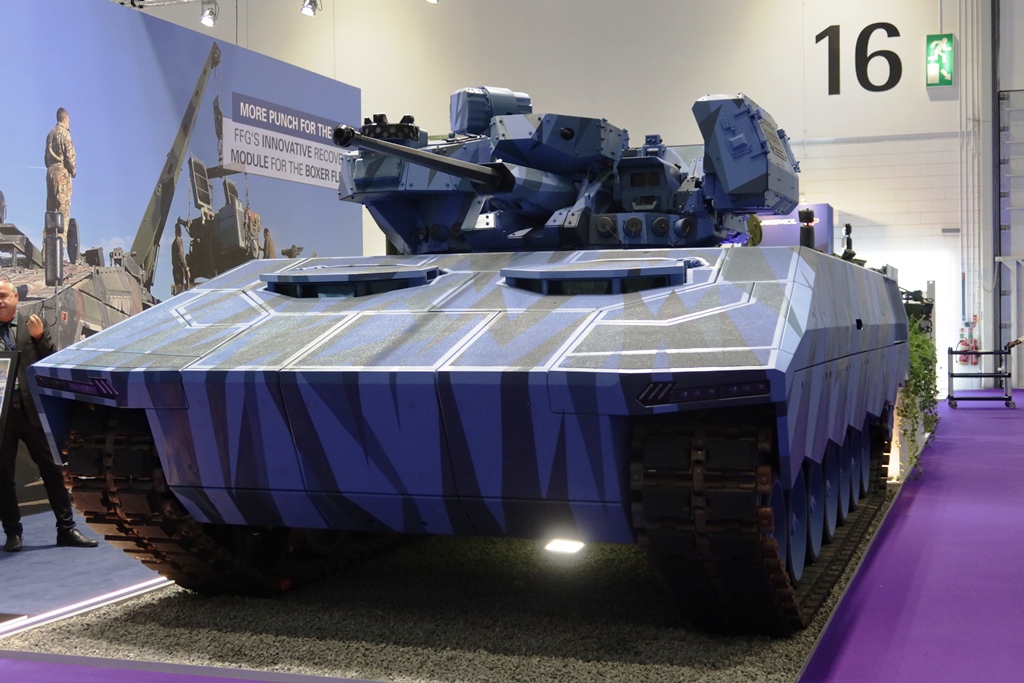China Critiques U.S. Typhon Missile Deployment in Japan: Implications for Regional Security
Overview of Developments
The recent deployment of the U.S. Army’s Typhon missile system in Japan has drawn sharp criticism from Chinese officials, who argue that this move escalates the potential for military conflict while undermining regional stability. This reaction follows the unveiling of the missile system during the annual bilateral exercise, Resolute Dragon, which saw participation from over 19,000 personnel from both the U.S. and Japan.
Chinese Response
Lin Jian, spokesperson for China’s foreign ministry, articulated concerns during a press conference in Beijing, asserting that the deployment compromises the legitimate security interests of neighboring nations. He warned that it:
- Intensifies the Risk of Arms Race: The introduction of advanced missile systems is perceived as a catalyst for a regional armament competition.
- Threatens Strategic Security: Lin emphasized that the military capabilities posed a significant threat to overarching strategic security frameworks in the region.
Lin urged for a retraction of the missile systems, advocating for respect towards other nations’ security apprehensions. He called upon the U.S. and Japan to contribute positively to regional peace rather than exacerbate tensions.
Context of Tensions
China’s criticism follows its own recent demonstration of military capabilities, including hypersonic weapons during a Victory Parade attended by key international figures such as Vladimir Putin of Russia and Kim Jong Un of North Korea. This public display underscores China’s increasing focus on military modernization and deterrent capability.
The revelation of the Typhon system’s deployment in Asia is particularly concerning for China, given its previous introduction in the Philippines. The missile system, mentioned in China’s annual defense white paper, has been consistently flagged as a destabilizing element within its security assessments.
U.S. Military Strategy
The United States has strategically deployed a second Typhon battery to Hawaii earlier this year, with plans to facilitate its relocation in response to requests from various Asian partners for enhanced deterrence capabilities. The Typhon’s strategic positioning in Japan has also elicited reactions from Russia.
Russian Perspective
Russian officials have voiced similar concerns regarding the Typhon system. Following the August 28 commentary by Foreign Ministry spokesperson Maria Zakharova, it was articulated that the missile system represents a direct strategic menace to Russian interests. Zakharova signaled that if the deployment continues, Russia would resort to necessary “military-technical measures.”
Geopolitical Implications for Japan
In light of increasing military cooperation between China and Russia, Japan finds itself surrounded by heightened maritime and air activities from both nations. The Japanese defense ministry has reported a notable rise in the presence of warships, missile systems, and fighter jets from the two countries near its territorial waters.
Conclusion
As the U.S. continues to enhance its military presence in the Asia-Pacific region through systems such as the Typhon, the complex interplay between American, Chinese, and Russian interests will likely shape future strategic assessments and policy decisions. Defense professionals must closely monitor these developments to understand their implications for regional security dynamics.





